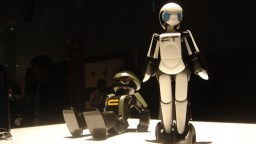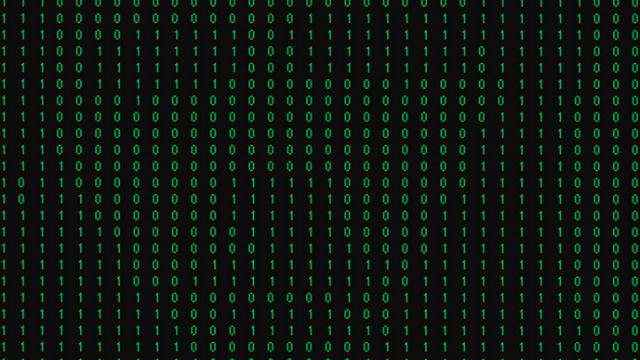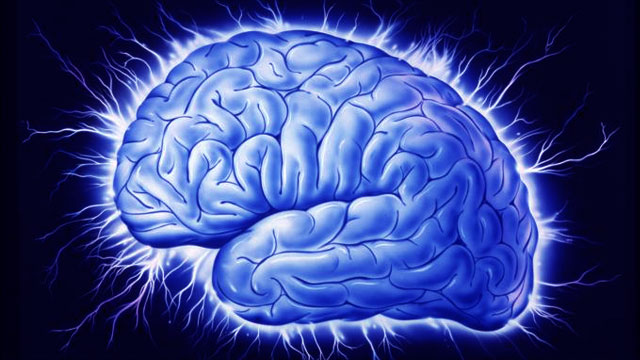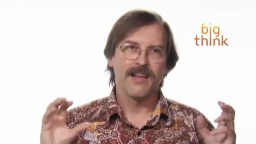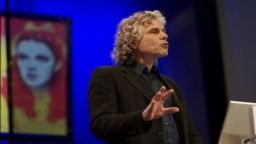“New technology could allow people to dictate letters and search the internet simply by thinking, according to researchers at Intel who are behind a mind-reading computer project.”
Search Results
You searched for: Computers
Here are my notes from Day 2 of the World Technology Summit. I’ve been hangin’ with Dr. John Nash, my colleague at ISU. Today we learned about India’s Barefoot College […]
Over at USA Today, Dan Vergano’s Science Snapshop blog is one of the top places to track news about science research, science policy, and the connections between science and culture. […]
The New York Times website has a budget puzzle widget on it that allows you to decide what to do in order to reduce the budget deficit the United States […]
Physicist and Big Think blogger Michio Kaku is the closest thing the world has to real-life wizard. With his shocking white hair, he makes prophesies about fantastic technologies that science […]
“To me, marketing is about values. This is a very complicated world, it’s a very noisy world, and we’re not gonna get a chance to get people to remember much […]
Even if computer technology continues to double every 18 months—which is doubtful—we could put a chip in robots’ brains to shut them off if they start to get murderous.
▸
4 min
—
with
“So far, so Minority Report.” The New Scientist heads to Los Angeles to investigate the development of gesture-based computing, a fun exercise intended for serious number crunchers.
I went from the paintings, prints and poetry of John Lennon to the paintings and prints of William Tolliver in twenty four hours this weekend. Friday night, instead of parking […]
An introduction to Joomla was my birthday present to myself this year. If I had known the open source content management system was this good, I would have started using […]
Governments have been trying a lot of new tricks lately to get people to eat more healthily, from calorie-count labels to taxes on soda to banning fast-food outlets from whole […]
No one has a crystal ball, but some predictions that I made in recent years are coming into sharp focus with every scientific advance. For starters, every year, more organs […]
“Malicious activities like virus writing and hacking cost businesses globally more than a trillion dollars per year.” Al Jazeera asks who benefits from such crimes at a hacking conference in Hungary.
“Research suggests that the telecom regulation approach that worked with a few large companies with aligned interests needs revisiting in the Internet age.”
“The fact that government is creating by far the most jobs for young educated workers is a signal of just how weak this recovery has been.”
This is my final post in my series on outside consultants. Parts 1 and 2 highlighted two controversial consultants, Drs. Willard Daggettand Ruby Payne, to illustrate some possible issues of concern. […]
Consumers today are knowingly and unknowingly providing businesses with more data than they’ve ever been capable of collecting before. The analysis of this information could have profound implications for business.
“The tools used by the commercial industry to detect our thoughts and brain states are very different, and somewhat limited, compared to those used in the research lab.”
We have long wanted to create a neuron-by-neuron map of the brain’s circuitry to give us a 3-D glimpse into its connections are, how they work and how the different […]
NASA issued a news advisory earlier this week announcing that timed with a paper embargoed for publication at the journal Science, that the agency would be holding a news conference […]
“Did computerization create the Great Divergence?” Slate asks if the current American class divide was worsened by the emergence of computers and the 1990’s digital divide.
Technology goliath IBM just released its top five predictions for the next five years. We agree with all of their sensible forecasts — with some additional thoughts. 1. Yes, You Too Can Be […]
“Among the winners: computer screens that can bend, adjustable eyeglasses, a low-cost genetic test, an online marketplace for receivables and a new way to battle malware.”
Computer programming is a lot like writing a recipe. If you’ve read a recipe, you know what the structure of a recipe is and you can copy the format to […]
▸
5 min
—
with
“Instead of the vast expanses of leisure time imagined by science fiction writers, we now get one hour less sleep per night than our parents’ generation did.”
Psychologist Steven Pinker studies the interface between language and human computation, which he argues is the key to understanding human nature.
▸
7 min
—
with
“Google is not making us stupid, PowerPoint is not destroying literature, and the Internet is not really changing our brains.” The L.A. Times tells its readers not to sweat new technologies.
Big Think salutes 10 women who have made inroads in professions that have traditionally been the province of men.
The fact that technological power comes in smaller, faster and cheaper objects is a very important observation that underlies many of the phenomena around us today.
I’m still at GSA 2010 – I’ll have another post with some news/facts from the meeting – but my lack of a computer yesterday and the fact that my hotel […]




